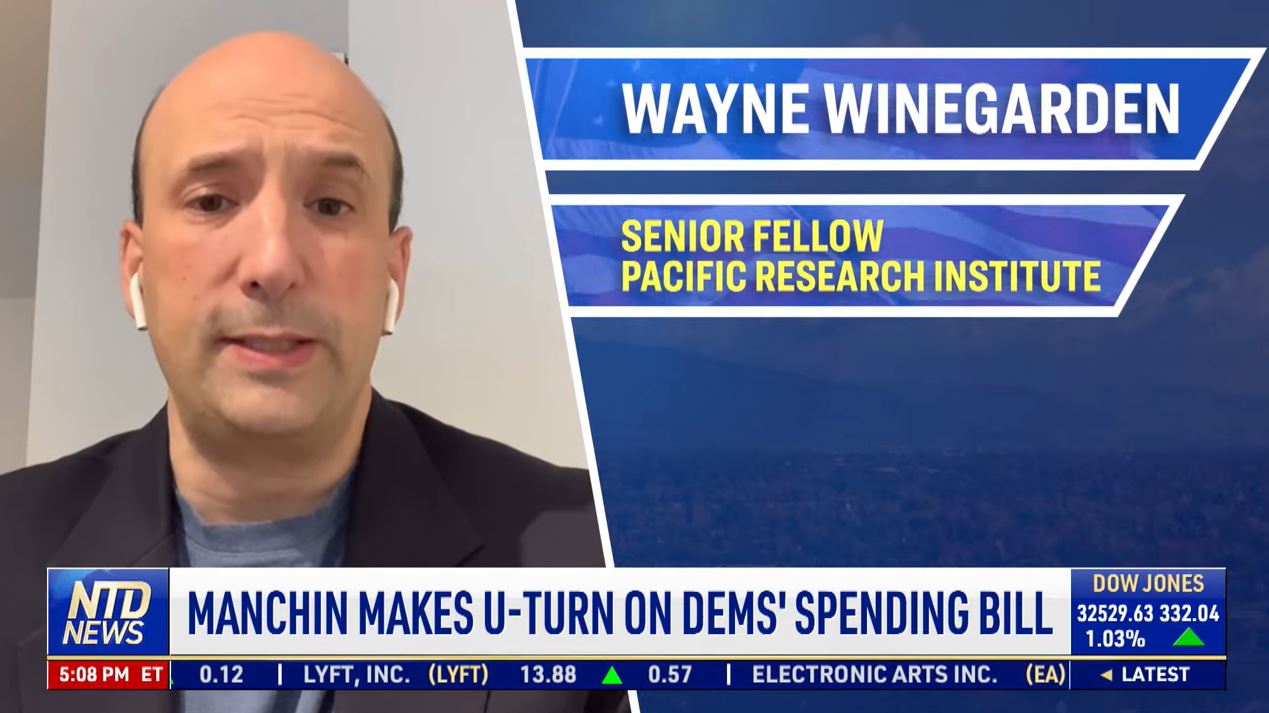Wayne Winegarden discusses “Shortchanging Physicians” brief on “The Good News with Angie Austin”
Listen to CMEI's Dr. Wayne Winegarden discuss his recent CMEI brief "Shortchanging Physicians" on the nationally-syndicated radio show, "Good News with Angie Austin." Click here to listen to the interview...


